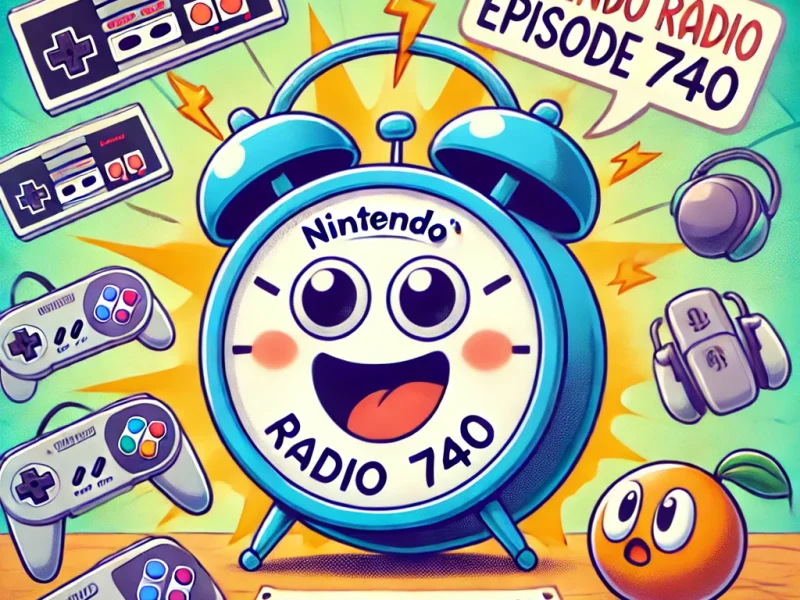An innovative co-op game, Bokura tells a heartfelt coming-of-age story of two young boys in search of home. The game requires two players who are playing on separate consoles, ideally apart from each other.
The boys at the core of the story are best friends, but each has a distinctly unique view of the world. Cutscenes introducing the characters showcase the massive contrast between their upbringings. Once you’ve agreed to run away and have ended up lost on the mountainside, their clashing perspectives take on an altogether more literal meaning.
After a mysterious encounter with a terrifying creature, each boy sees the world in an entirely different way. One boy sees the world as a cartoony fantasy world populated by cute, colorful animals. The other sees it as a darker sci-fi world, populated by robots. Each player sees the world through the eyes of the character they’re playing as.
This not only results in two distinct design styles, but also different mechanics. Each character can interact with elements of the landscape in different ways. The fantasy character can teleport between specific points. The robot can remove his head to see into new areas and use it as a step or projective. This results in unusual experiences from each end. Useful aspects of the robot world result in some quite gruesome scenes in the fantasy one.
The boys even see the layout of the world differently, with one seeing a walkable platform where another might see a pit he’ll fall into and die. This means the puzzles you encounter on your adventure require good communication and teamwork, put to the test by the unique structure.
Bokura begins with relatively simple puzzles that get increasingly complex as you get higher up the mountain. You need to be able to figure out where the two worlds clash and where they overlap in ways you can take advantage of to progress.

There are also cutscenes that see the boys go off and experience separate aspects of the story, offering contrasting perspectives on the narrative. You have to be able to convey necessary information in order to make decisions together that impact the story. The overall plot doesn’t change too much, but you do see the ripple effect of the choices you make.
Bokura is a very cleverly designed and constructed game. It uses co-op mode in a unique way that forces you to engage with the plot from a very specific angle. It tells a sweet story about two children who feel isolated and alone, except from each other. Through their adventure, they learn to appreciate their friendship and develop an understanding of the world outside themselves.
Various aspects of this game combine to create the message at its core. A great sense of nostalgia is generated through the reflective opening scenes, the cute retro art style, and the references to real world culture. The disparate depiction of the traumatic experiences the boys have makes you think about memory and how people process things they aren’t equipped to understand the first time they encounter them.

The questions the game raises challenge elements of the human condition in a way that won’t be answered in one relatively short video game. But Bokura doesn’t have to answer them. Instead, the developers have made a conscious decision to leave many elements of the story ambiguous. It makes you think about how trauma manifests and the ongoing emotional toll it can take, while also tackling some fun puzzles with a friend.


